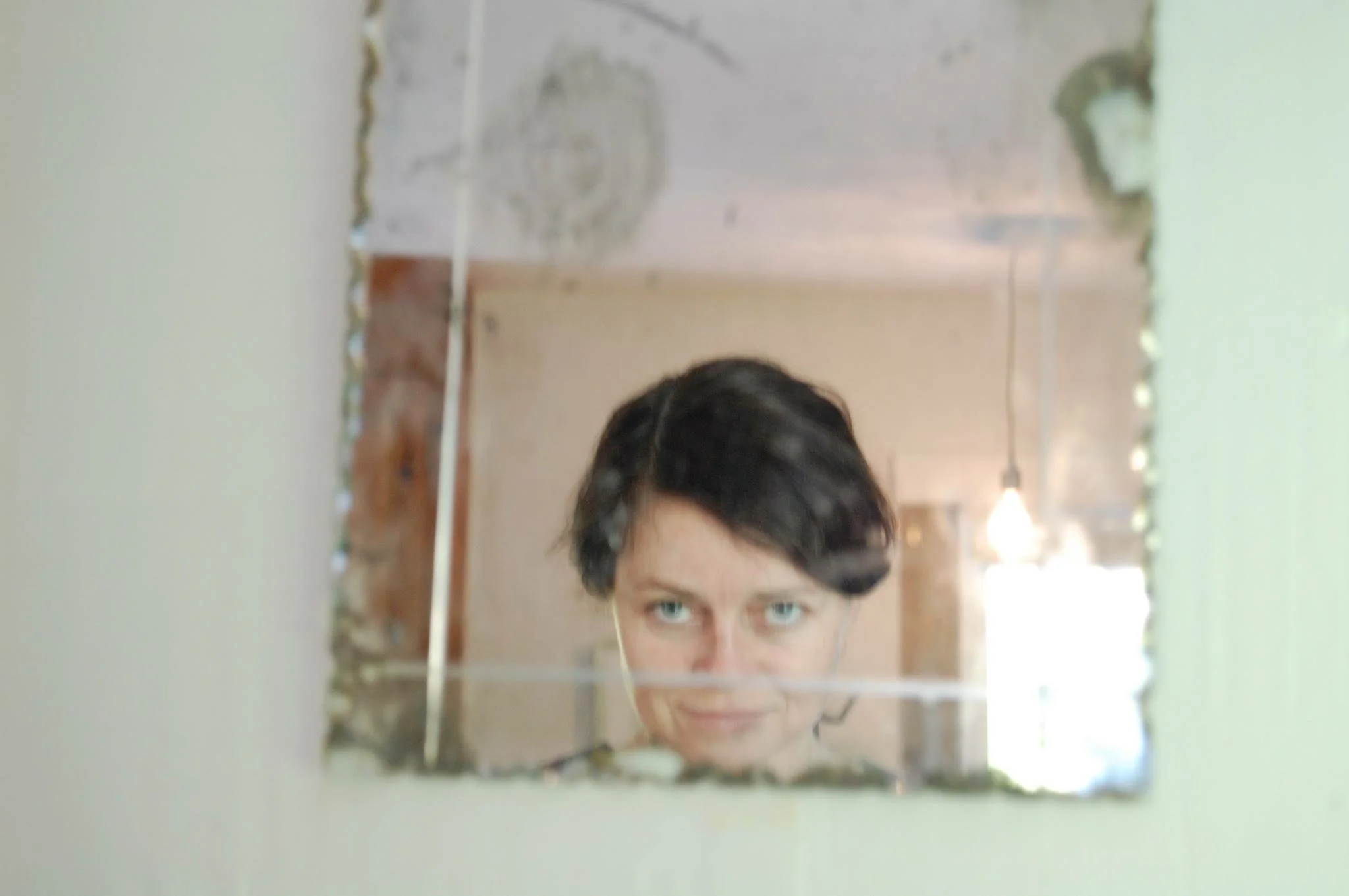Picaro
/Sarah Brockhaus
The world dipped and waved around us, and we were perfect, those
gentle eyes, cherubim smiles. I didn’t know how to hold her,
but I wanted to learn her warmth. She held my hand as we ran across the street,
two little kids playing runaway. Waking up walking through deserts, no more
gentle eyes, cherubim smiles. I didn’t know how. To hold her
left me empty handed. We were standing in the parking lot, just
two little kids, playing. Run away. Wake up. Walk through deserts, no more
soft kisses. She knew the words the angels sing in the middle of the night, but she
left me. Empty handed, we were standing in the parking lot, just
before the light ached its way over the horizon. We emptied ourselves of
soft kisses, she knew all the words. The angel sang in the middle of the night. She
lied with me for hours until we knew cold like it was our home.
Before the light ached its way over the horizon, we emptied ourselves and
the world dipped and waved around us. We were perfect, though
she lied to me for hours, until I knew. Cold was like our home,
but I wanted to learn warmth. She held my hand as we ran across the street.
Author’s Note: When I began working on “Picaro” I was trying to make sense of a moment, thinking through it over and over to make it mean something different. This made the pantoum a natural choice of form. I love the pantoum’s ability to capture the dizzying repetition of memory.
Sarah Brockhaus is a creative writing student at Salisbury University. She has poems forthcoming or published in Sugar House Review, New South, The Shore, Ocean State Review, Broadkill Review, and The Macguffin.





















